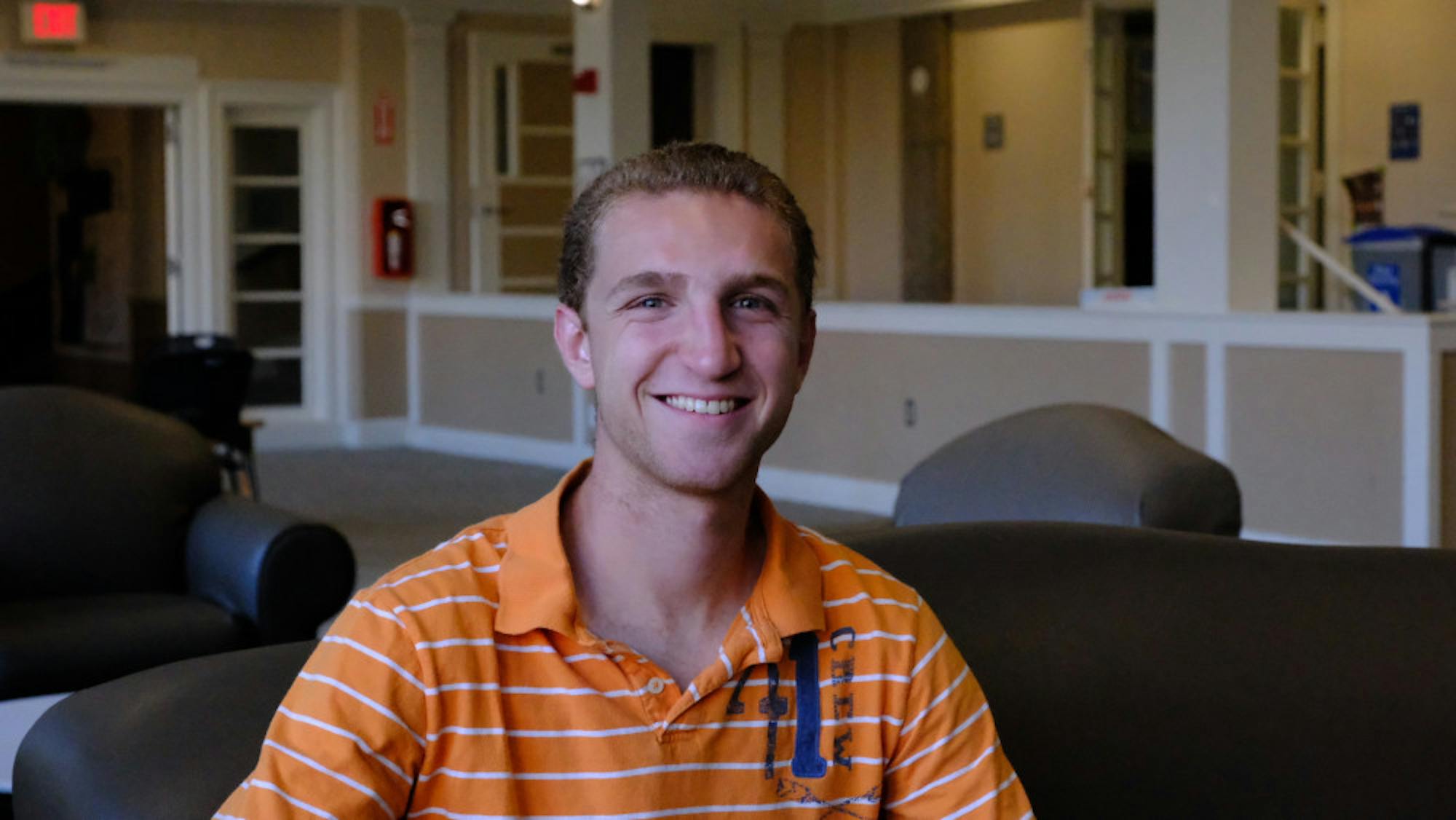The Office of Residential Life and Learning (ORLL) announced online that it would be implementing a new system of Hall Councils in all first-year dorms, with positions to be filled by elected first-years with an overall goal of planning events and building community both within and across first-year dorms.
Joshua Hartman, director of ORLL, is pioneering this new network of organizations.
“The idea is to allow residents of a specific residential space to have ownership, insight, and agency in planning events and community building initiatives in their building,” Hartman said in an email to the Daily.
Hartman hopes this program will be helpful to First Year Advisors (FYAs), whose jobs include building community in first-year dorms. Hartman is looking forward to seeing strong relationships between Hall Councils and FYAs, and expects “a more vibrant and engaged community” to come from this change.
Although the Hall Councils will work independently, each one is structured the same way, according to the ORLL website. The executive board will consist of elected positions — president, vice president for membership, vice president for residential advocacy, vice president for programming and vice president for administration. Each Hall Council also has a general assembly, which will be comprised of students throughout the residential community that will participate on a volunteer basis, according to Hartman.
Elections closed on Sept. 25, with over 45 candidates running for positions in their Hall Councils, according to Hartman. There were some vacant positions, but these will be filled in the next few weeks by the individual Hall Councils, according to Hartman. Hartman reported that more than 500 students voted in the elections, representing about a third of the first-year class.
“We’re happy with the turnout, especially since this is the first year of implementation,” Hartman told the Daily.
Ben Silver, president of Carmichael Hall Council, was inspired to run for the position because he noticed a lack of community in his dorm.
“There isn’t a sense of connection within the dorm ... I want to foster some social programming — little things that get people that wouldn’t have otherwise sought each other to build connections,” he said.
Silver, a first-year, is also looking forward to building community within his council.
“I think it’s going to be important that we all listen to each other’s ideas, but also not be afraid to voice our own opinions," Silver said. "I expect differences in opinion, and I think that actually is really good for a council, having people that are coming from such different perspectives."
Carmichael has a capacity of 256 students, unlike Carpenter House, which has 40, according to the ORLL's website. For Hayden Virtue, president of Carpenter Hall Council, building community will not be an issue.
“Bonding is definitely not going to be a problem,” he said. “I feel like we’ve already really accomplished that.”
Virtue’s main goal as president is to foster the strong culture that already exists in Carpenter.
“When I got here and I got Carpenter House, I thought I was missing out on something not being in a big dorm, but everyone here is so friendly, so fantastic,” Virtue said.
Wilson House is another small dorm with a capacity of 55. It’s also the substance free housing option for first-years. First-year Mindy Duggan, President of Wilson Hall Council, ran because she loves being part of a community of people who want to be substance free and live healthy lifestyles.
“When I realized how inclusive and home-y Wilson is, I wanted to help promote the community vibe,” Duggan said.
Duggan plans to do this by acting as a voice of representation for the residents of Wilson.
“I’m hoping that I will be able to take the opinions of the people who live in the house and make them into realities, just help everyone have a happier time in Wilson House and a happier year,” Duggan said.
Myles Platt, vice president for administration in Wilson, echoed Duggan’s sentiments of wanting to represent Wilson House's residents.
“I never really felt like I had a voice and so I’ve kind of made it a commitment to myself to seek out ways to give other people a voice,” Platt, a first-year, said.
Each Hall Council will be advised by the Residence Director for its building, and in most cases, the Lead FYA in the building will serve as a secondary advisor.
The development of this new program falls under the development of the Residence Hall Association (RHA), which was launched this year and will be fully functioning by next year.
“For the 2020–21 year, the RHA will have a full executive board of its own and I will work closely with them as they provide oversight and support for Hall Councils,” Hartman said.
Following the recent elections, presidents and other members of Hall Councils are ready to get started.
“I view this as an opportunity where I can really make a difference. And I’m also really excited to pilot a new program … it’ll be a fun opportunity to make some changes within the dorm and really build community,” Silver said.
Tufts implements new first-year Hall Council program

Benjamin Silver, president of first-year Carmichael Hall Council, poses for a portrait in Carmichael Hall common room on Sept. 30.





